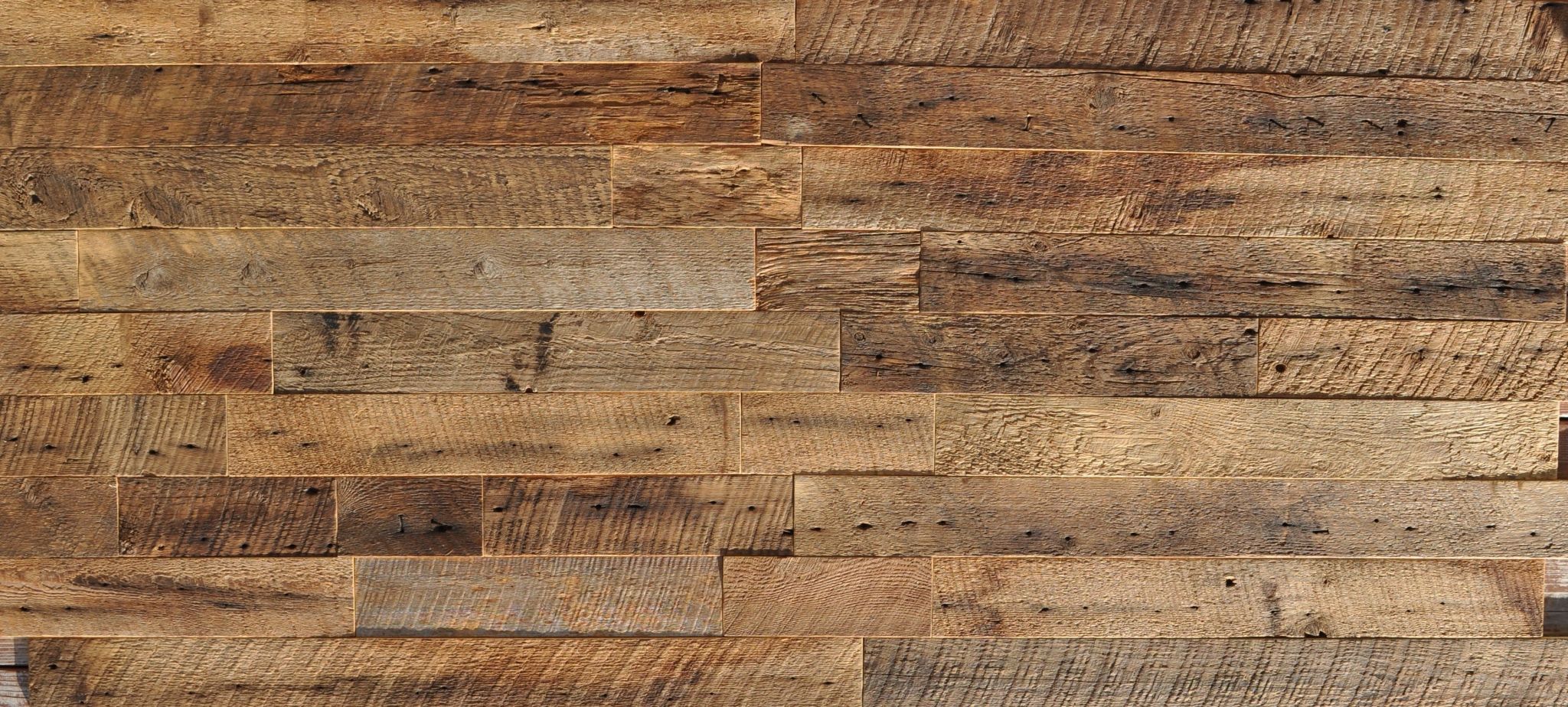How to Choose Eco-Friendly Materials for Your Next Carpentry Project in WA
Understanding the Importance of Eco-Friendly Materials
Choosing eco-friendly materials for your carpentry projects is crucial for promoting sustainability and reducing environmental impact. In Western Australia, where natural beauty is abundant, opting for sustainable materials helps preserve the environment for future generations. By selecting materials that are renewable, recyclable, and sourced responsibly, you contribute to a healthier planet.
Eco-friendly materials not only benefit the environment but also enhance the quality of your projects. These materials often possess characteristics like durability, improved indoor air quality, and lower carbon footprints. As consumers become more environmentally conscious, incorporating sustainable practices into your carpentry work can also give you a competitive edge.

Identifying Sustainable Wood Options
When it comes to carpentry, wood is a primary material choice. To ensure sustainability, look for wood that is certified by organizations such as the Forest Stewardship Council (FSC) or the Programme for the Endorsement of Forest Certification (PEFC). These certifications guarantee that the wood is harvested responsibly, supporting forest conservation and biodiversity.
Consider using reclaimed wood or bamboo as alternatives to traditional hardwoods. Reclaimed wood not only reduces waste but also adds character and history to your projects. Bamboo, on the other hand, is a fast-growing grass that regenerates quickly, making it an excellent eco-friendly choice.

Exploring Other Eco-Friendly Materials
Beyond wood, there are numerous other materials to consider for your carpentry projects. Recycled metal is one such option that reduces the need for virgin metal production and minimizes environmental harm. Additionally, recycled plastic composites can be used for outdoor projects, offering durability and resistance to weathering while keeping plastic waste out of landfills.
For interior elements, consider using natural fibers like hemp or jute for textiles and insulation. These materials are biodegradable and have a lower environmental impact compared to synthetic fibers. Furthermore, opting for low-VOC (Volatile Organic Compounds) finishes and adhesives will contribute to healthier indoor air quality.

The Benefits of Local Sourcing
Sourcing materials locally is another effective way to ensure eco-friendliness in your carpentry projects. By choosing local suppliers, you reduce transportation emissions and support the local economy. Western Australia boasts a variety of local resources that can provide you with sustainable materials suited to your needs.
Engaging with local suppliers also allows you to gain insights into the sourcing process and verify the sustainability of the materials. Building relationships with these suppliers can lead to access to unique and high-quality materials that might not be available through larger distributors.
Making Informed Choices
Before purchasing materials for your next project, take the time to research and compare different options. Look into the environmental impact of each material, and consider factors such as energy consumption during production, transportation emissions, and end-of-life disposal.
Create a checklist of criteria that align with your sustainability goals. Prioritize materials that not only meet your project's functional requirements but also contribute positively to the environment. By making informed choices, you can ensure that your carpentry projects are both beautiful and environmentally responsible.

Conclusion
Choosing eco-friendly materials for your carpentry projects is an essential step toward sustainable practices. By understanding the benefits of sustainable wood options, exploring alternative materials, sourcing locally, and making informed decisions, you can significantly reduce your environmental impact. As you embark on your next project in Western Australia, remember that each small choice contributes to a healthier planet and a more sustainable future.
